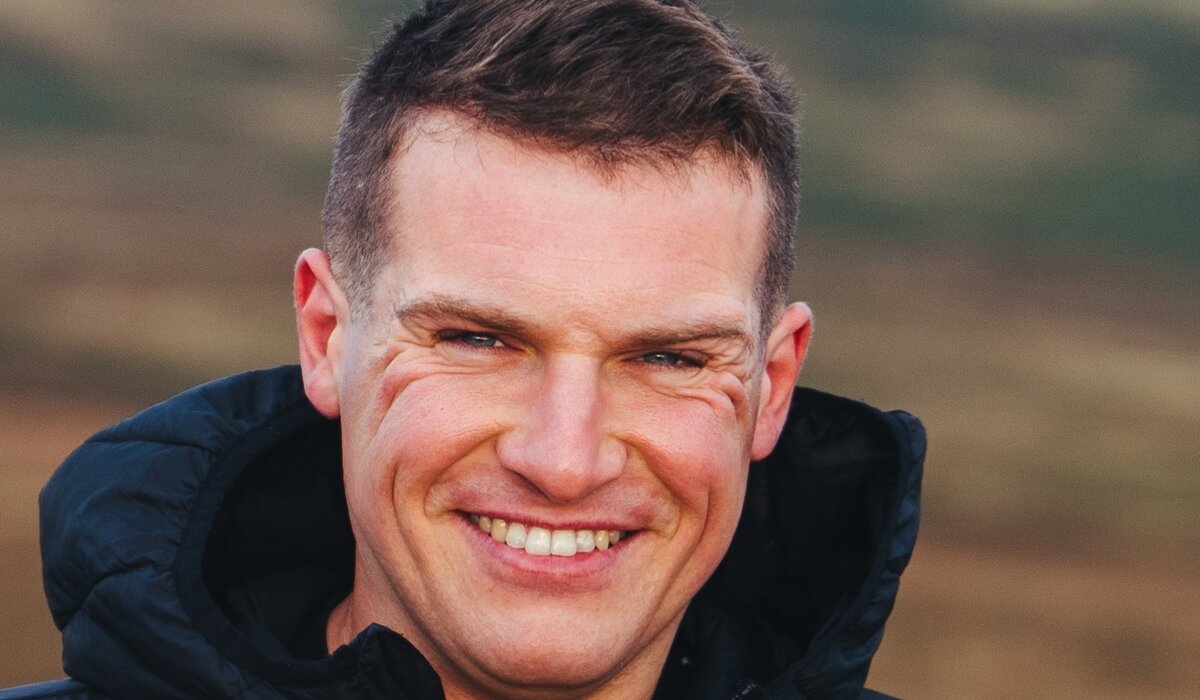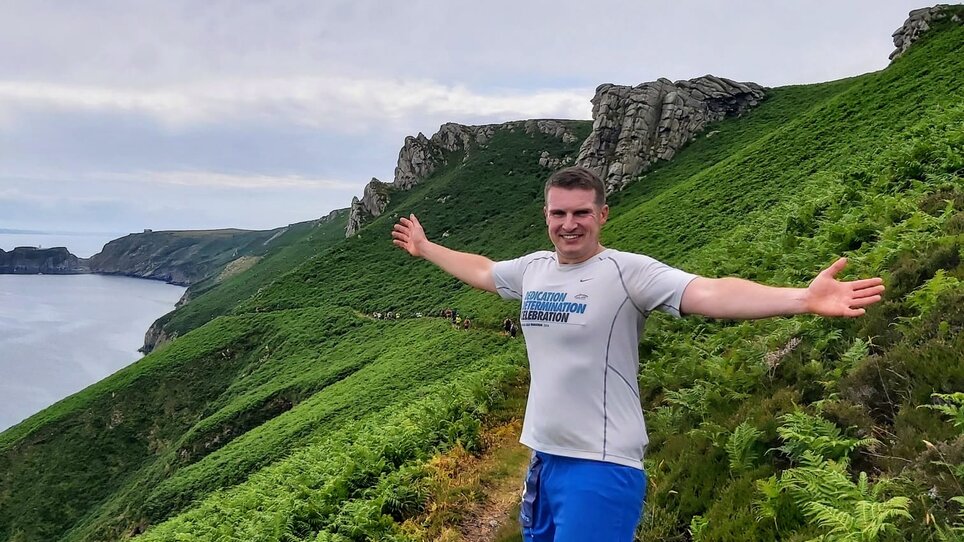
“I felt better about myself and my stamina, and I feel way more independent now that I can do these things.”
Hayden
– on running to support our charity and his mental health
Hi Hayden! What inspired you to run the Lundy Island Race in support of the National Autistic Society?
So I can inspire other autistic people to find pleasure in running and tell the world we are not so different. Us neurodivergent people are not supported as well as others, and it’s not fair.
Has running helped you with any of the challenges you face as an autistic person? If so, how?
I’ve experienced difficulty with socialising, communication and social skills around people who are not autistic. Trying to socialise and blend in with people of my own age group has been hard. What has worked has been making friends with others who are neurodivergent, and having sports interests also brings me together with others who enjoy sports like running.
How has running made a difference to your mental health?
The nature, being outdoors and happy brain chemicals like endorphins make me feel better, yes, and reduce my stress.
When I run regularly, it does help my anxiety, and I do sleep better when I go running. When I am outdoors in nature, I feel that people are more accepting of me and more friendly in the countryside where I run. I also feel less lonely.
Running helps improve my brain performance for writing my book – it gives me creative ideas when I’m running.

Did running this race help you to realise strengths you didn’t know you had?
I had strong mental toughness to try, have a break, try again and not give up. I tried to do it without stopping.
It was also very confidence-boosting. I felt better about myself and my stamina, and I feel way more independent now that I can do these things.
I was proud of my training, self-discipline and commitment to the goal to get to success. So I hope to inspire others to try it, keep moving forward and keep positive like I did, which helped me get to the goal.
Autistic people should follow something they are interested in – it doesn’t need to be the same stuff. It keeps your routine and keeps you busy and fulfilled.
What does autism acceptance mean to you?
Accepting and respecting autistic people for their differences, strengths, challenges and abilities to be more supportive and inclusive of people like me.
Autistic people should have the same opportunities as everyone else. It should be equal and fair.
